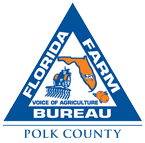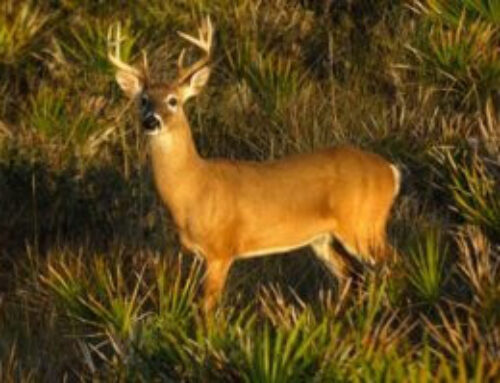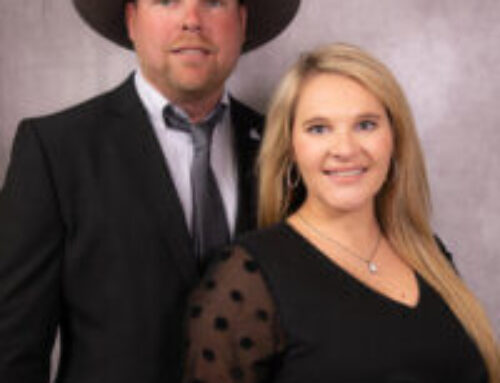The Giant African Land Snail Detected in South Florida

September 2023 FloridAgriculture eNewsletter
The Giant African Land Snail (GALS) has been detected in South Florida after two previous eradications in the state. According to the U.S. Department of Agriculture (USDA), the most recent population of GALS has been found in Pasco County and have a lighter flesh compared to the previous GALS.
The snail was first introduced to South Florida in the 1960s and was then eradicated in 1975. It was later eradicated in 2021 from a detection in 2011. They are typically introduced through illegal imports to be used as pets or food.
Quarantines have been placed in Pasco, Lee and Broward counties. Although this quarantine is in place, it is unlawful to move these snails without a compliance agreement. The primary treatment for this pest is the pesticide Metaldehyde, which is applied to the ground around plants and disrupts the mucus production of GALS, causing dehydration, and ultimately death. The USDA recommends using extreme caution around GALS. If it is necessary to handle a snail, wear gloves and wash your hands afterward. If you live in an area where this pest is found, wash fresh produce thoroughly and avoid consuming uncooked vegetables.
According to the Florida Department of Agriculture and Consumer Services (FDACS) the snail eats and destroys over 500 types of plants, which threatens Florida’s agriculture and natural areas. When plants are unavailable, the snail has been known to eat paint and stucco off of South Florida homes. They can grow up to eight inches long and five inches wide, which is roughly the size of a human fist. Additionally, they carry a parasite called rat lungworm, which causes meningitis in humans. Because the snail has no natural enemies and reproduces very quickly, they are a serious risk to Florida’s natural resources and population.
FDACS has many resources to help Floridians control these invasive species and protect Florida’s natural areas. Click here to learn more.
The post The Giant African Land Snail Detected in South Florida appeared first on Florida Farm Bureau.






